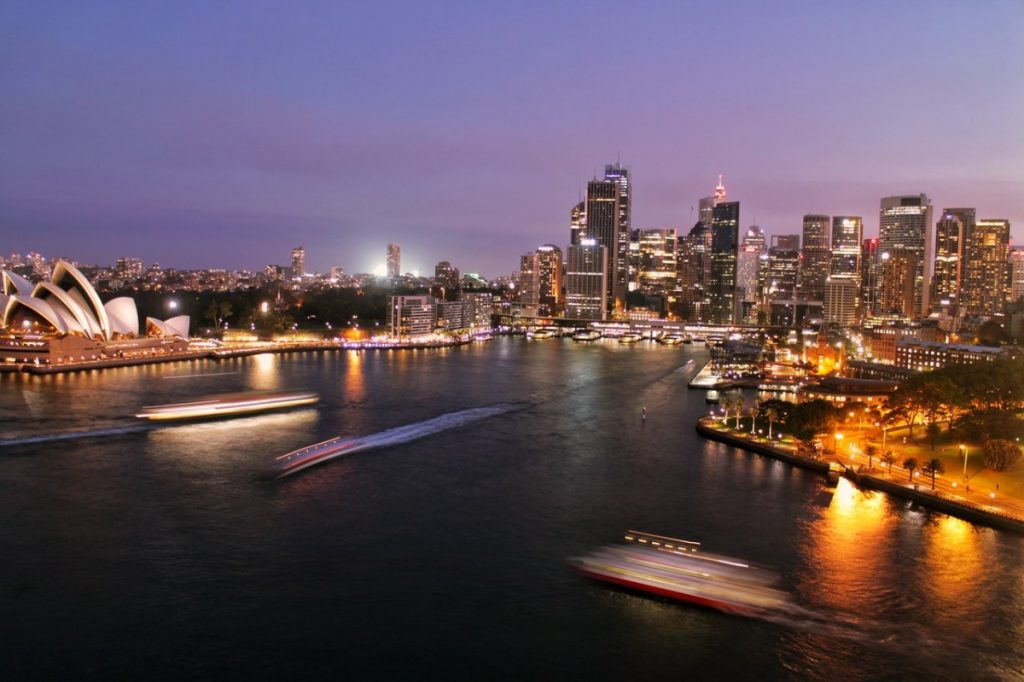Australia is one of the best countries for foreign workers and immigrants. The country takes in close to 800,000 foreign workers a year and 160,000 immigrants. Australia’s open-door policy has made it a melting pot of people and culture, with every country in the world having representation.
Workers Wanted
Australia needs foreign workers to run properly. Skilled workers (tradesmen or tradies) are rare and ageing, and there are too few from the younger generations to take their place. Most Australians prefer white-collar jobs or jobs that require higher education, even if most of these jobs are just relegated to office work.
The lack of blue-collar workers has forced the government to rely on foreign workers to fill the shortage. More than 10 percent of the country’s workforce comprises foreign workers, particularly in constriction and agriculture. An average of 1 million temporary visas (including extensions) is issued every year to temporary workers. Foreign workers can expect salaries of more than $30 per hour or higher if they possess particularly in-demand skills.
The Australian government is trying to curb its blue-collar shortage by actively promoting trade jobs and making them a viable career choice for students. Salaries for plumbers, electricians, and carpenters have gone past $100,000 per year. However, the aversion to manual labour and its seeming lack of prestige have put most students from taking up a skilled trade.
A Home Away from Home
Australia is home to immigrants from more than 180 countries around the globe. The various people and cultures have made it one of the most diverse countries in the world and certainly one of the most accepting. The convergence of people and culture is noticeable in the multitude of shops and restaurants that highlight the various cultures of different people.
A visit to Melbourne’s restaurant districts (particularly Victoria and Peel Streets) will expose you to many cuisines. Restaurants don’t just serve the usual Japanese, Italian, French, or Chinese cuisines. You’ll also encounter Thai, Korean, Greek, African, and Middle East cuisines.
Various trades-shows and open markets that feature different cultures are also common. The country is also home to retirees from various nations. The UK, India, and China have the most representation. Retirees from the UK enjoy the warm weather and relatively low cost of living. Retirees from India enjoy the lack of congestion and the flourishing and accepting culture. Chinese retirees enjoy freedom and safety. Immigrant workers have also been known to settle down in the country after growing to love both the people and the culture.

Taking Up Residence
Australia is fairly open to skilled workers that want to take up residence in the country. Any immigrant with a stable job and enough savings can opt to buy a home and settle in the country. Of course, having a skill or trade should make things easier. Most immigrants go through an immigration lawyer or agent to smooth the process, and it can take a couple of years before one gets a proper endorsement from a city.
Skilled couples (who are both working) have better chances of getting accepted as permanent immigrants. Melbourne is a popular destination for immigrants. The Skilled and Business Migration Program of Victoria makes it easier for migrants to receive endorsements. However, they need to have work rights in the state as well as a permanent residence.
Blending In
Australia is a multi-cultural country. However, migrants should still do their best to integrate into Australian society. In a study published in the International Journal of Intercultural Relations, it was discovered that migrants who adapted and integrated into Australian society were happier and had better personal well-being than their counterparts who did not. Immigrants who adapted to the culture were actually happier and more satisfied than the average Australian.
Of course, adapting to the culture doesn’t mean disregarding your own. Most migrants will practice a form of “biculturalism,” maintaining their own culture while adding layers of Australian culture. Immigrant families can keep their culture alive through the language spoken at home, food, and social circles.
However, adapting/accepting a part of the country’s culture will make them feel more accepted. Learning the language is particularly important. Melbourne has hundreds of English tutors willing to accept students, and even English-speaking immigrants should take a lesson or two to understand the nuances of the Australian accent.
Australia is open to most migrants, especially if those migrants are also open to the culture. Skilled workers can find stable careers in the country or even make a good home for their families. Settling down won’t be much of an issue if things are done right.


